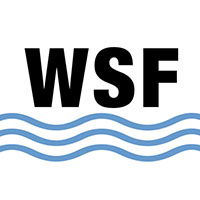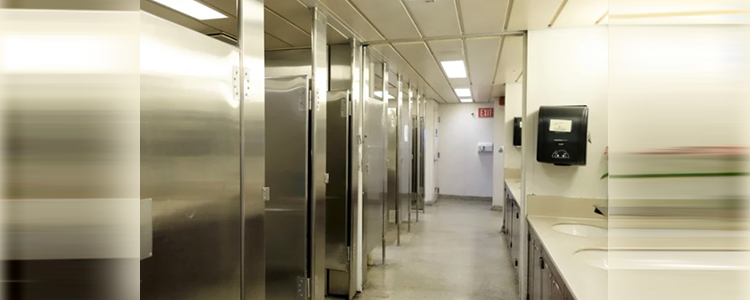Strategies to protect orca whales, reduce emissions, and more outlined
— from Washington State Ferries —
In honor of Earth Day, Washington State Ferries launched a two-year Sustainability Action Plan that outlines goals and actions for greener ferries and terminals. The plan includes initiatives to protect orca whales, reduce greenhouse gas emissions, improve air quality, reduce waste and other ways to make the ferry system more sustainable.
The Sustainability Action Plan lays out a path to fulfill the Washington State Department of Transportation’s commitment to sustainability, achieve the goals set out in Governor Jay Inslee’s Executive Orders 18-01 and 18-02 and implement sustainability recommendations outlined in WSF’s 2040 Long Range Plan.
The plan addresses some of the toughest challenges facing the ferry system. WSF is the largest consumer of diesel fuel in Washington state, burning more than 18 million gallons each year, and its operations generate the most carbon and other greenhouse gas emissions within the state transportation system. The plan lays out actions to go beyond carbon dioxide emissions reduction requirements under state law.
Already, WSF is helping protect Puget Sound’s orca whale population by:
· Slowing down ferries on some routes to reduce underwater noise.
· Stopping work at terminal construction sites if marine mammals are in the vicinity.
· Reducing speed or changing course if the crew spots whales near a ferry.
· Reporting orca sightings to local partners such as the Orca Network.
The Sustainability Action Plan sets an ambitious goal to reduce ambient ferry noise throughout the system and to do more to protect orca whales.
“Because we operate our 23 ferries on Puget Sound and manage 20 terminals on its shores, we have an obligation to ensure WSF is doing everything we can to protect our environment,” said Assistant Secretary Amy Scarton. “This plan lays out our commitment to tackle these issues and continue our efforts to make Washington’s ferry system the greenest in the world.”
The Sustainability Action Plan presents six focus areas: greenhouse gas emissions, air quality, biodiversity, water, waste, and community impacts and engagement. In addition to plans to remove dangerous creosote-coated timber from Puget Sound, develop an electric hybrid ferry program and implement operational efficiencies to reduce fuel consumption, the plan focuses on gathering data and establishing a baseline in the first two years to continue to make data-driven progress in the years to come.
**If you are reading theOrcasonian for free, thank your fellow islanders. If you would like to support theOrcasonian CLICK HERE to set your modestly-priced, voluntary subscription. Otherwise, no worries; we’re happy to share with you.**








